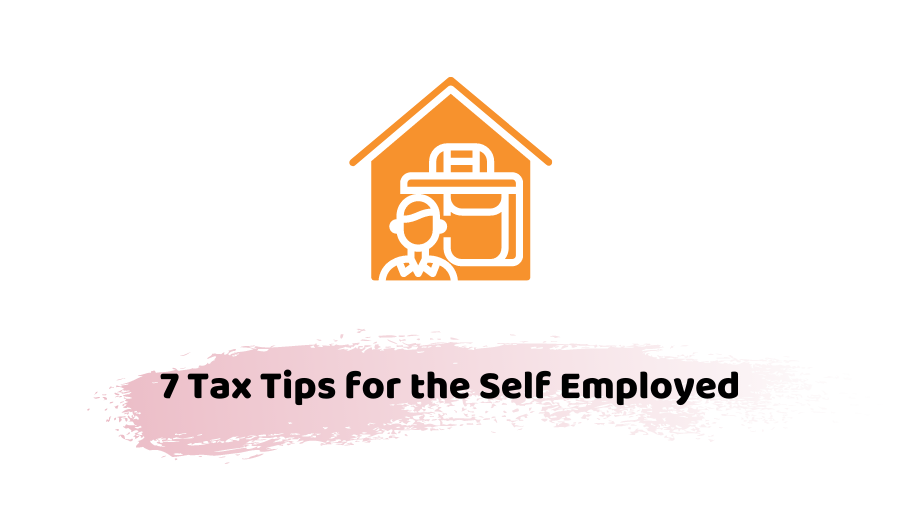The number of self-employed individuals has increased in the UK. A large number of individuals — 4.8 million according to the latest UK Labour Market report— claim to be self-employed. Individuals working for themselves in any profession, trade, or vocation need to get the basics of filing the taxes right to save maximum money.
Being well versed with tax-saving strategies is always worthwhile as it could save you a ton of money. In this post, you will learn about seven ways in which you can save money when filing taxes in the UK. Make sure to contact an experienced self-employed accountant to know more about tactics mentioned here to save money when filing taxes.
1. Pension Contributions
If you are a self-employed individual with an annual income exceeding £46,351, you will be taxed at a high rate. To get relief from taxes, you should consider topping up your pension and declare the amount on your self-assessment tax form.
By maximizing your pension contributions, you will be able to claim tax relief of up to 20 percent. You can claim tax savings on pension contributions of £40,000. In case you have not claimed tax relief, you can backdate the claim to up to three years.
2. Marketing Expenses
Self-employed individuals in the UK can receive deductions for costs that are associated with the promotion and marketing of products or services. Marketing is a broad term, and you will need to prove that the expenses are directly related to marketing activities.
You can claim a deduction for all costs involved in advertising through different channels such as newspapers, online, posters, brochures, and mail. You can even claim a deduction on costs for free samples, business cards, and website hosting fees. However, you can’t deduct event hospitality costs from your income.
3. Travel Expenses
You can also deduct business-related travel expenses from your taxable income. Business travel expenses include travel by car, bus, and train. You can include hire charges, maintenance, repairs, and breakdown cover. If you have difficulty in recording and reporting travel expenses, you can also use simplified vehicle expenses, which is a flat rate based on the mileage that is fixed by the government.
Bear in mind that the cost of meal and hotel rooms during the overnight trip is also a deductible business travel expense. Also, you should remember that commuting between home and work doesn’t count as a business expense. You can contact an accountant for self-employed to know how to accurately calculate travel expenses.
4. Goods Bought for Resale
If you have bought goods for resale, you can deduct the cost from your taxable income. Raw material bought for producing goods for resale can also be deducted. This can help in reducing the overall tax that is due to HM Revenue and Customs (HMRC).
5. Financial and Legal Expenses
Financial and legal expenses are deductible from the taxable income as well. You can deduct expenses incurred in hiring the servicing of an accountant for self-employed, attorney, solicitors, architects, and surveyors. But you need to prove that the professionals provided work-related advice. Fees for buying equipment or property for the business may not be claimed.
6. Registration Fees
If you have paid for a course or magazine for improving your work skills, it can be claimed as a deductible expense. Membership fees for professional organizations and trade bodies are also tax-deductible. You need to prove that the registration fees provided benefits or broadened your skill otherwise it cannot be expensed in the tax return file.
7. Business Premises Expenses
If you have set up your office in your own home, or are renting premises for business, you can claim business premises expenses. To claim the expense, you need to prove that the living space was used for carrying out business expenses. Business premises expense is based on the percentage of the house expenses (rent, utilities, phone bills) that were used for business-related activities. Similar to travel expenses, you can use a simplified expense rate fixed by the government if you work for more than 25 hours a month from home.
Taxation can be complicated for self-employed. You can face fines if you make mistakes in calculating your tax amount. That’s why it’s advisable that you seek the help of an experienced self-employed accountant to accurately file your tax returns in the UK.





















































